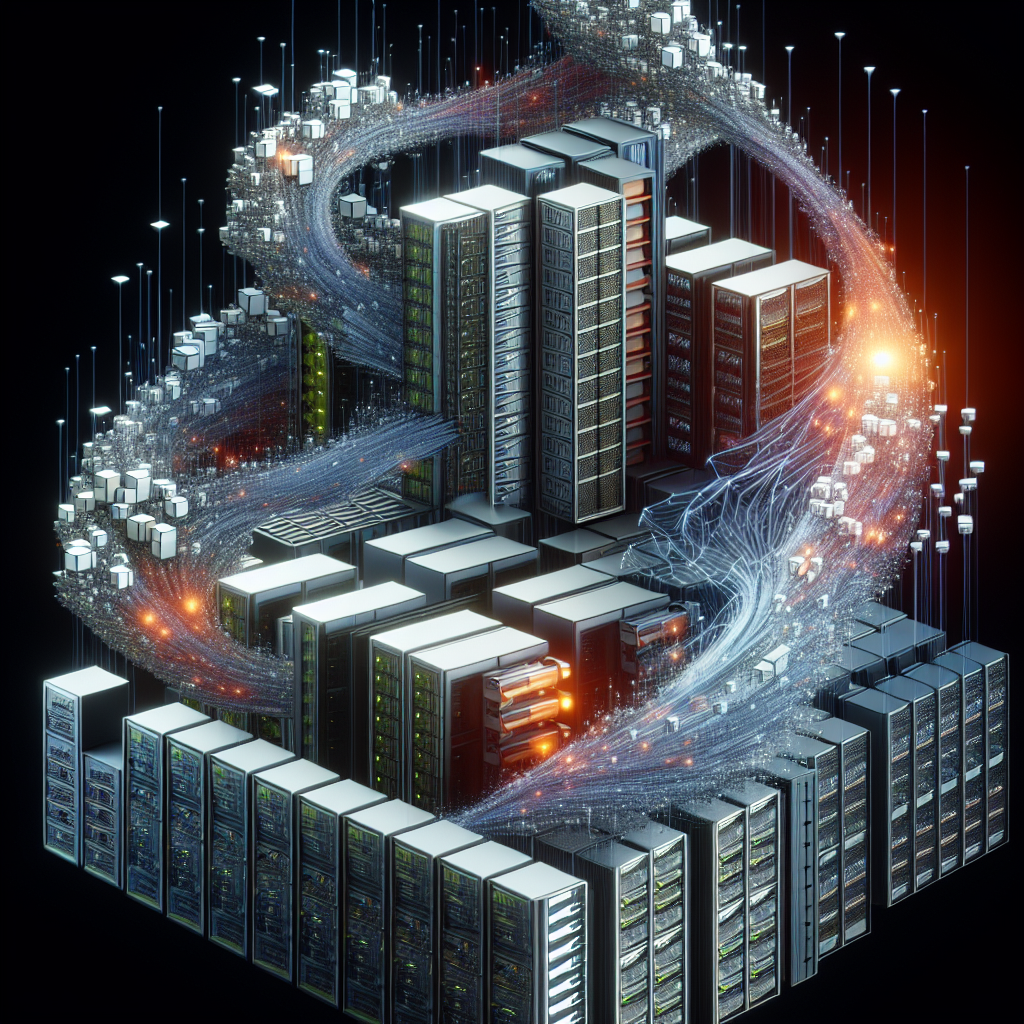Your cart is currently empty!
Scalability and Flexibility: Key Considerations for Data Center Storage

In today’s fast-paced digital world, data centers play a crucial role in storing and managing vast amounts of information. As businesses continue to grow and expand, the need for scalable and flexible data center storage solutions becomes increasingly important. Scalability and flexibility are key considerations when it comes to choosing the right storage solution for your data center.
Scalability refers to the ability of a storage system to handle increasing amounts of data without compromising performance. A scalable storage solution should be able to grow with your business, allowing you to easily add more storage capacity as needed. This is essential for businesses that experience rapid growth or seasonal fluctuations in data storage requirements. Without a scalable storage solution, businesses may find themselves constantly having to upgrade or replace their storage systems to keep up with their data storage needs.
Flexibility, on the other hand, refers to the ability of a storage system to adapt to changing business requirements and technologies. A flexible storage solution should be able to support a variety of storage technologies, such as flash storage, disk storage, and cloud storage, to meet the diverse needs of different workloads and applications. It should also be able to easily integrate with existing infrastructure and support various data management and protection features.
When it comes to data center storage, businesses should consider both scalability and flexibility to ensure they have a storage solution that can meet their current and future needs. Here are some key considerations to keep in mind when evaluating data center storage solutions:
1. Capacity: Make sure the storage solution can easily scale to accommodate your growing data storage needs. Look for storage systems that offer modular architecture and support for adding additional storage capacity without disrupting operations.
2. Performance: Consider the performance requirements of your workloads and applications. Choose a storage solution that can deliver the performance needed to support your most demanding workloads, while also providing the flexibility to adjust performance levels as needed.
3. Data protection: Ensure the storage solution offers robust data protection features, such as data encryption, snapshotting, and replication, to safeguard your data against loss or corruption.
4. Integration: Evaluate how well the storage solution integrates with your existing infrastructure and applications. Look for storage solutions that support industry-standard protocols and APIs to facilitate seamless integration with other systems and applications.
5. Cost: Consider the total cost of ownership of the storage solution, including upfront costs, maintenance costs, and scalability costs. Look for storage solutions that offer a balance of performance, scalability, and cost-effectiveness to meet your budget requirements.
In conclusion, scalability and flexibility are key considerations when it comes to choosing the right data center storage solution for your business. By carefully evaluating these factors and selecting a storage solution that can grow and adapt to your changing needs, you can ensure you have a storage solution that can support your business both now and in the future.

Leave a Reply